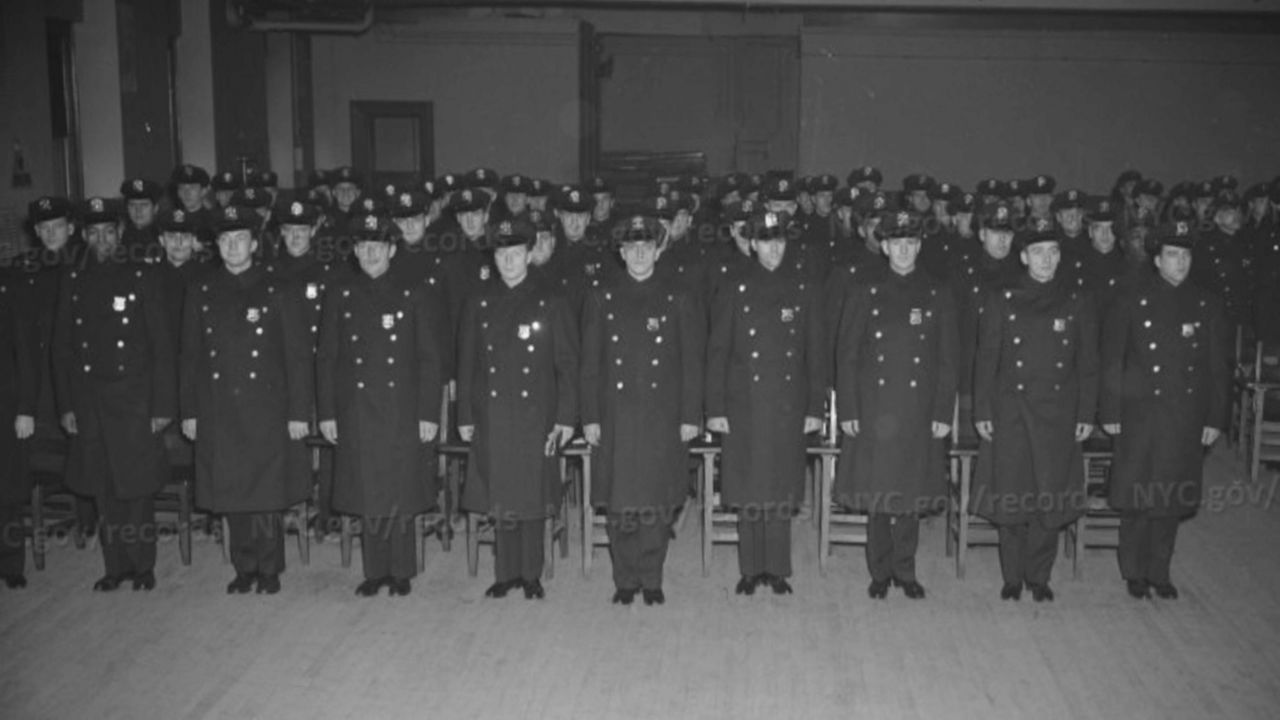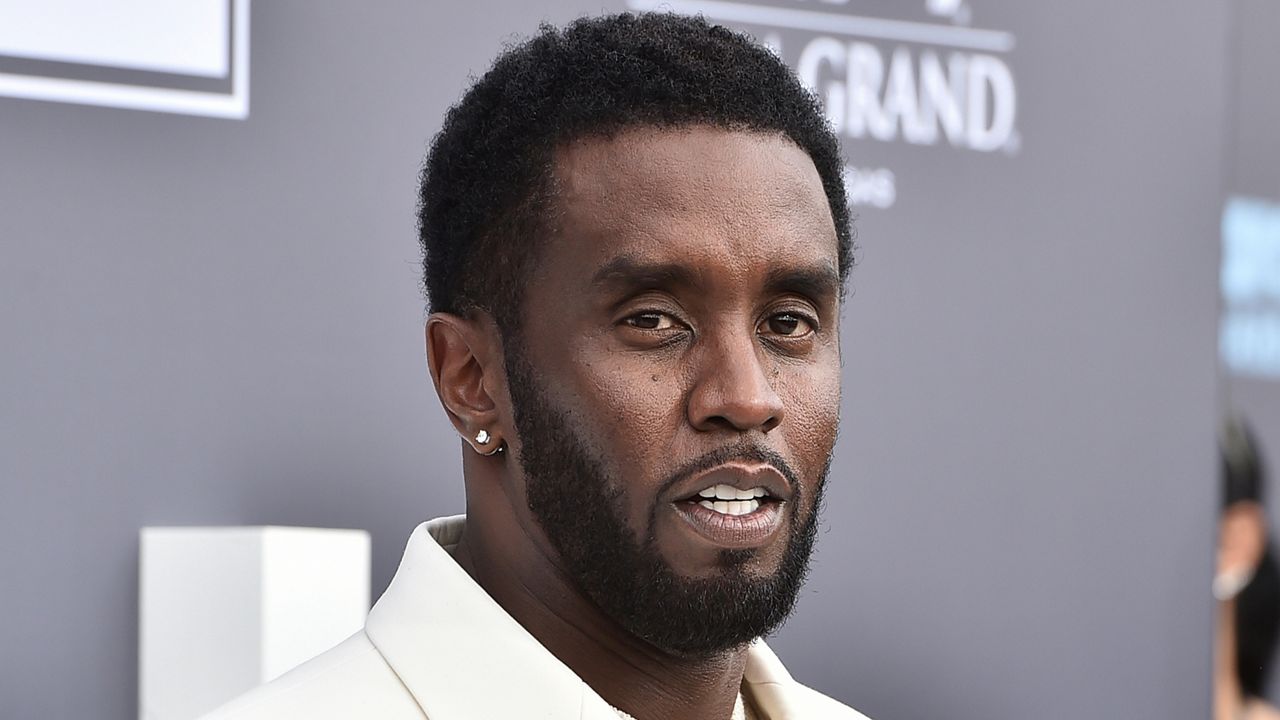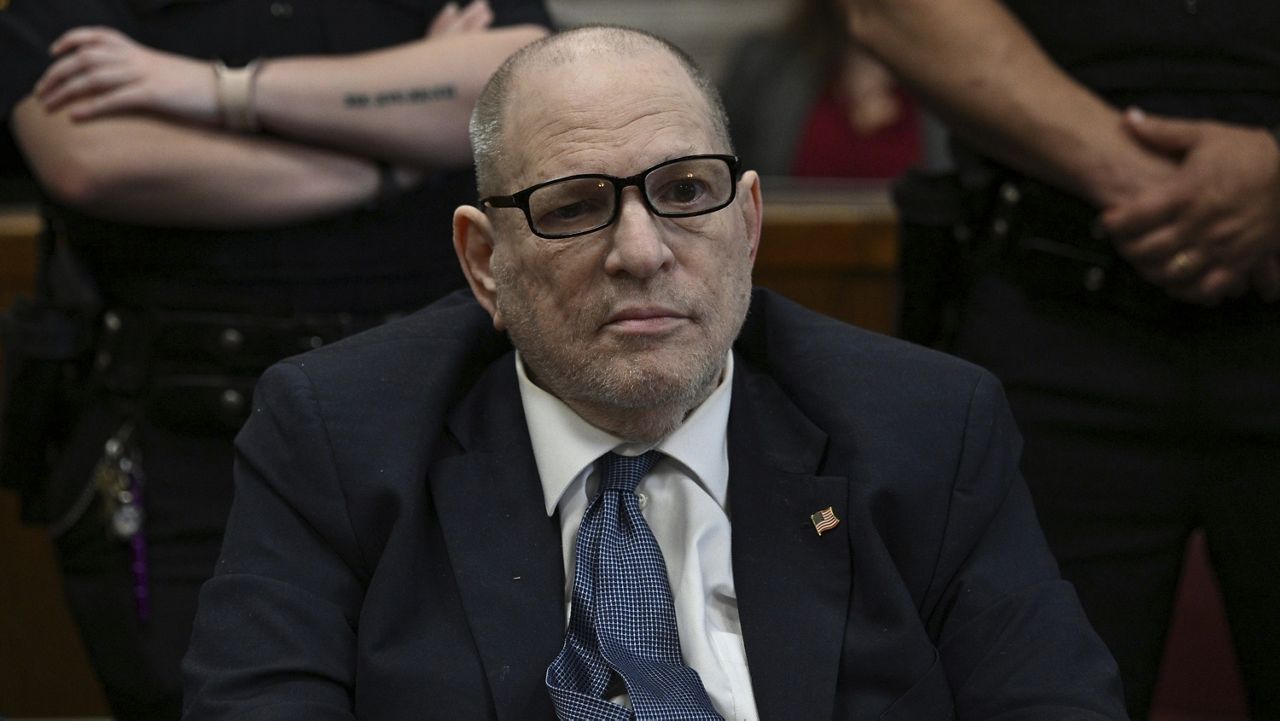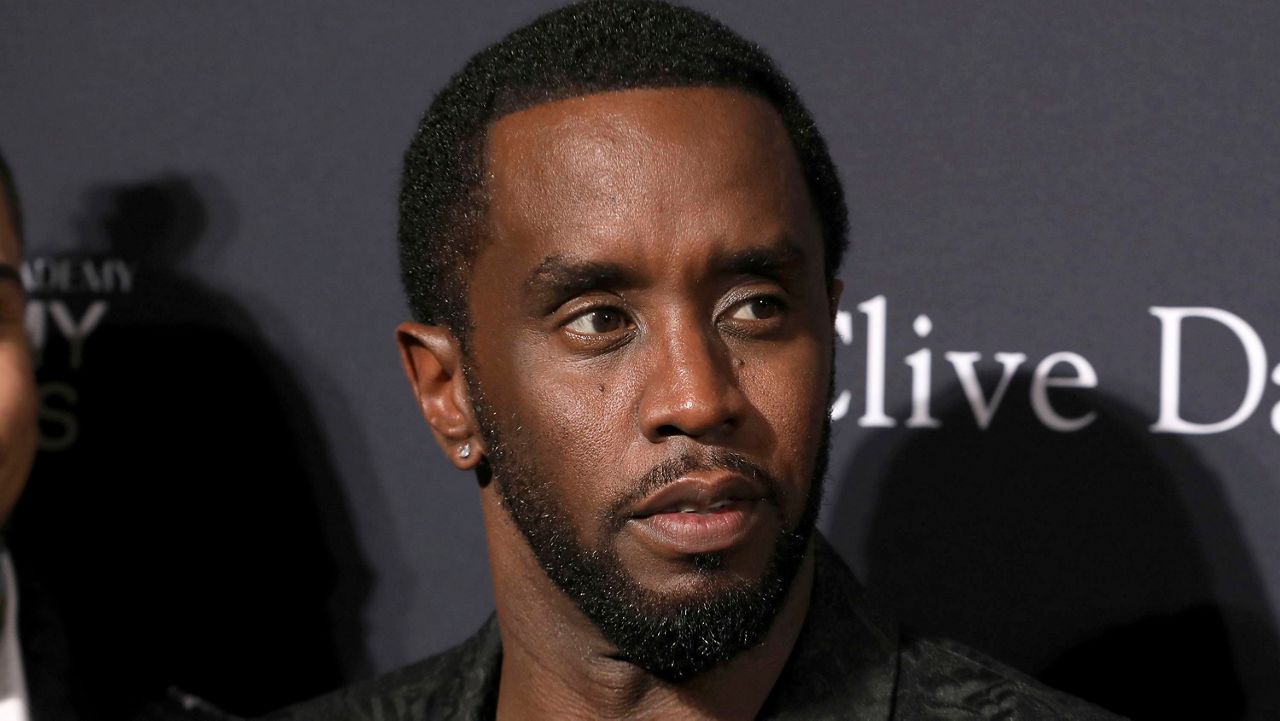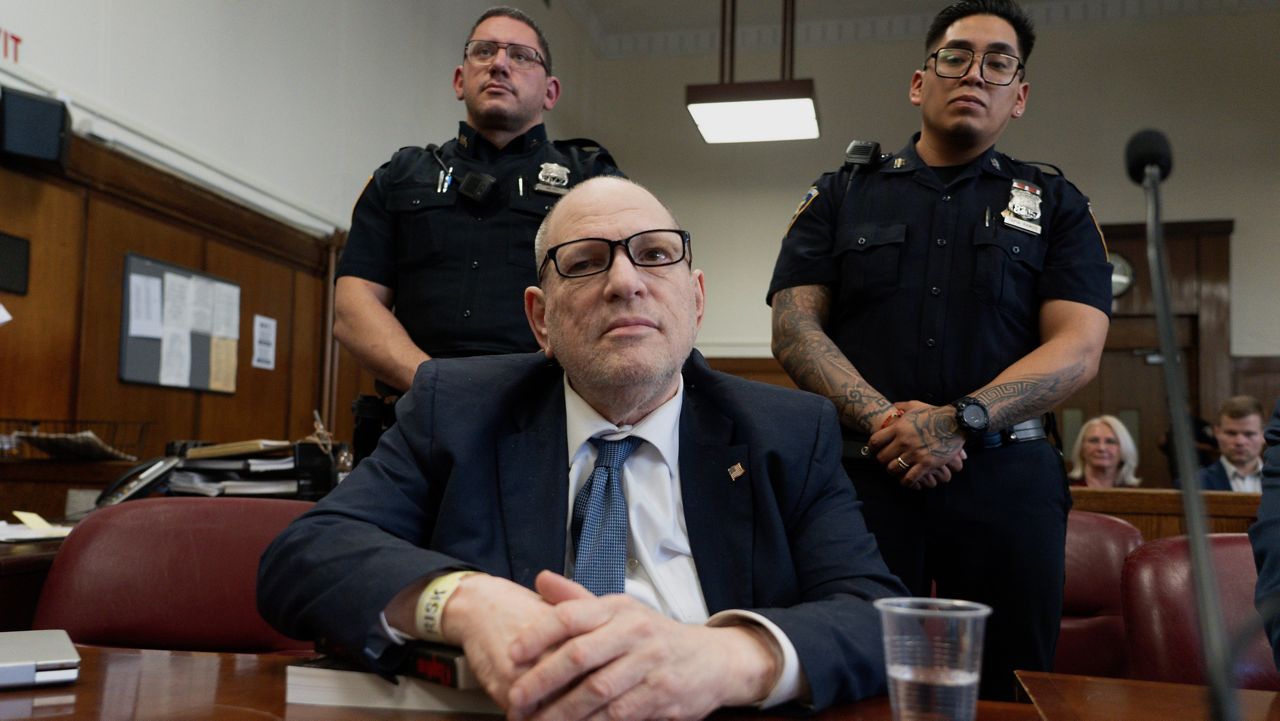Patrick Lynch is one of the city's most recognizably combative labor leaders, heading one of the city's most powerful and well-known municipal unions.
What You Need To Know:
- There are five police unions in the city.
- The Police Benevolent Association is the city’s largest and most powerful police union.
- Police unions have successfully advocated for their members, getting everything from eight -hour work shifts to tax-free disability pensions.
- Police unions have clashed with the city and state over the years, mainly over pay and benefits but also over police reforms.
But the Police Benevolent Association, founded in the 1890s, didn't begin as a union.
"Municipal unions weren't recognized back then. It was an organization to support widows,” explains Richard Aborn, President of the Citizens Crime Commission.
Starting in the 1960s, the PBA and four smaller police unions emerged as a political force locally and in Albany advocating for their own members, getting everything from eight -hour work shifts to tax-free disability pensions. The result, analysts say, of the PBA's skill in casting opponents as anti-police, and being specific about its demands.
"That signal -minded focus in politics is a very strong tool. They're not negotiating over a hundred different things at once,” said Aborn.
Retired NYPD inspector Stephen Nasta, a lecturer at John Jay College credits strong police unions with improving officer safety, by getting the city to pay for bullet-proof vests, and pushing for officers to be equipped with powerful semi-automatic handguns gun instead of revolvers.
“The officers on the street really felt like they were outgunned by the bad guys,” said Nasta.
But the police unions have consistently supported officers accused of wrongdoing and bitterly opposed significant reforms.
In the 1960s, they helped to defeat Mayor John Lindsay's campaign for more civilian oversight of the police. When Mayor David Dinkins launched a new push for the Civilian Complaint Review Board, the PBA led a raucous City Hall rally that critics called a riot.
"They've always taken this very narrow view of what is best for their police officers and had resisted the calls for reforms of the police,” said Aborn.
The unions have had a fraught relationship with just about every mayor - but especially with progressive Democrats like Dinkins and Mayor de Blasio, whom officers turned their backs on after two cops were murdered by a gunman upset over the police killing of Eric Garner.
The union's fortunes suddenly shifted last month, when the city and state criminalized police chokeholds and opened police disciplinary records to public review following weeks of protests after the death of George Floyd. The PBA had blocked the reforms for years. Some analysts see the power of police unions waning. Others are not sure this is a turning point, and do not count the PBA out.
"We will also see what positions they decide to take. They may take positions that they haven't taken in the past, aware of the fact that this is a big moment in the way police are going to be treated in the United States and New York,” said Aborn.


